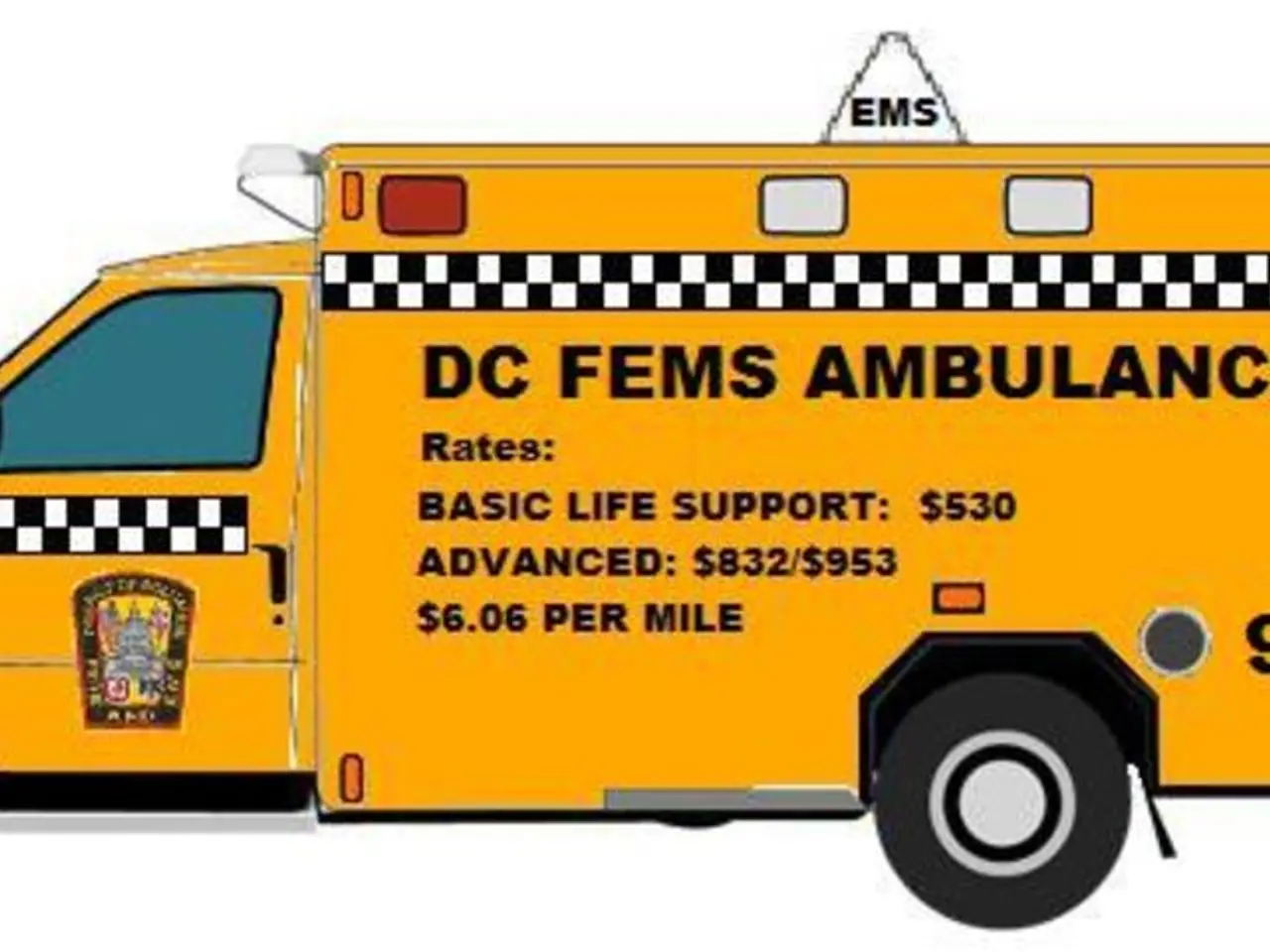Airstrikes by Israel claim lives of journalists and humanitarian workers
In the troubled region of Gaza, a humanitarian emergency is unfolding. Over the past two months, severe food shortages have led to a dire situation, with approximately 1,400 Palestinians killed while seeking food since late May, according to the Gaza Health Ministry [1][2][3].
The current crisis is marked by a high number of civilian casualties, particularly along food convoy routes like the Zikim crossing, and at aid distribution points operated by the Gaza Humanitarian Foundation (GHF). Nearly 514 fatalities have occurred near the Zikim crossing, and 859 at aid distribution points [2][3]. These deaths are largely attributed to Israeli military actions, with no evidence that those killed posed threats to Israeli security [2].
The situation in Gaza City is equally dire. The UN human rights office reported 54 attacks on residential buildings and shelters since 8 August, killing at least 87 people, including children [1]. The Az Zaytoun neighborhood has seen particularly heavy bombardment, forcing hundreds of families to flee with nowhere safe to go, worsening humanitarian conditions [1].
Humanitarian aid operations face significant obstacles. The current aid distribution system, backed by the US and Israel and managed by the Gaza Humanitarian Foundation, has been criticized by Human Rights Watch and Amnesty International for being militarized and inadequate, turning aid distributions into sites of violence, and effectively deepening the starvation and suffering of Gaza’s population [3][4].
Starvation is a growing concern, with Amnesty International reporting that it is a deliberate policy by Israel, and famine conditions have officially been reached [4]. Israeli authorities continue to obstruct major humanitarian organizations and restrict aid entry, complicating relief efforts [4].
The tragedy in Gaza is not limited to those killed seeking food. More than 15 people were killed while waiting for aid at the Zikim crossing in northern Gaza [5]. Five more Palestinians, including a child, died of malnutrition-related causes in the past 24 hours [6]. The Gaza Health Ministry reported that 121 adults and 101 children have died of malnutrition-related causes [7].
The Israeli military has been accused of targeting civilians. The Israeli military claimed responsibility for the strike on an Al Jazeera correspondent, leading to his death and six other journalists and two civilians [8]. Al Jazeera called the strike a "targeted assassination."
The Gaza Health Ministry, which is part of the Hamas-run government and staffed by medical professionals, is considered the most reliable source on war casualties by the UN and independent experts [9]. Relatives of the dead reported that casualties included children and an infant [9].
The Israeli military has been accused of using excessive force. At least 12 aid seekers were killed by Israeli gunfire while trying to reach distribution points or awaiting aid convoys [10]. Witnesses described gunfire near the Morag corridor as a near-daily occurrence [11].
The UN and human rights groups are calling for urgent action. They are urging for ceasefires and unimpeded humanitarian access to prevent a full-scale famine and further mass civilian casualties [1][4]. The situation in Gaza is a grave humanitarian emergency, with widespread civilian suffering linked both to intense military actions and enforced aid restrictions around crucial access points like the Zikim crossing.
- The ongoing crisis in Gaza is not limited to war-and-conflicts, as politics and general-news outlets report that humanitarian aid operations faced obstacles due to militarized and inadequate distribution systems, contributing to the starvation and suffering of its population.
- The violence in Gaza is marked by not only high civilian casualties during Israeli military actions but also crimes against journalists, as seen in the Israeli military's targeting of an Al Jazeera correspondent, leading to his death and accusations of using excessive force against aid seekers.





